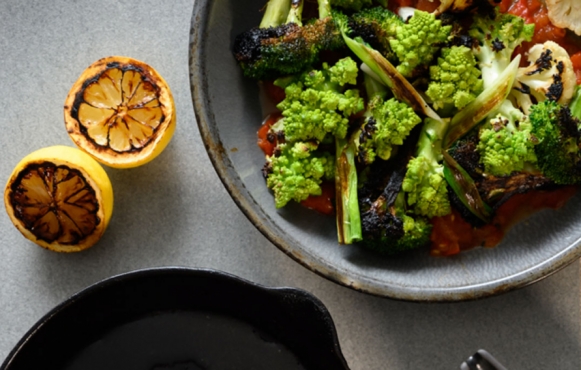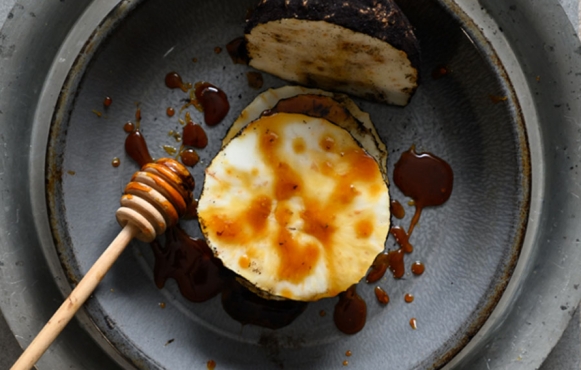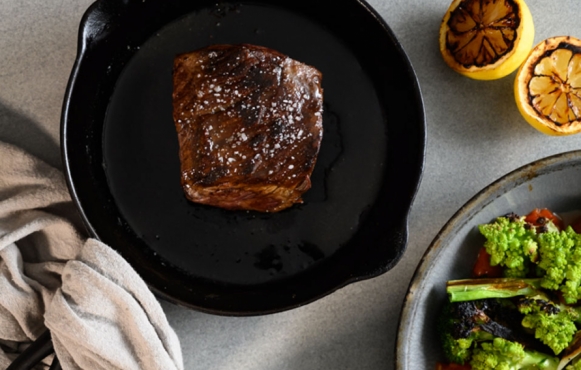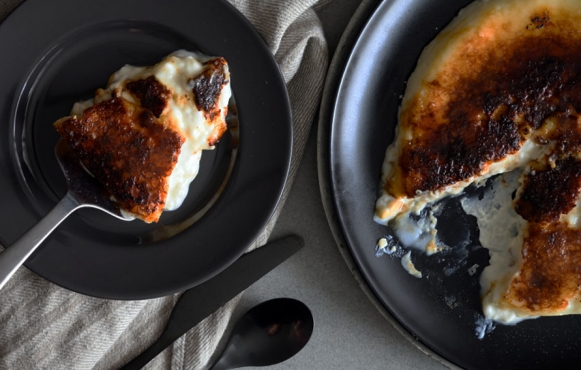Forget about it — Burnt Recipes
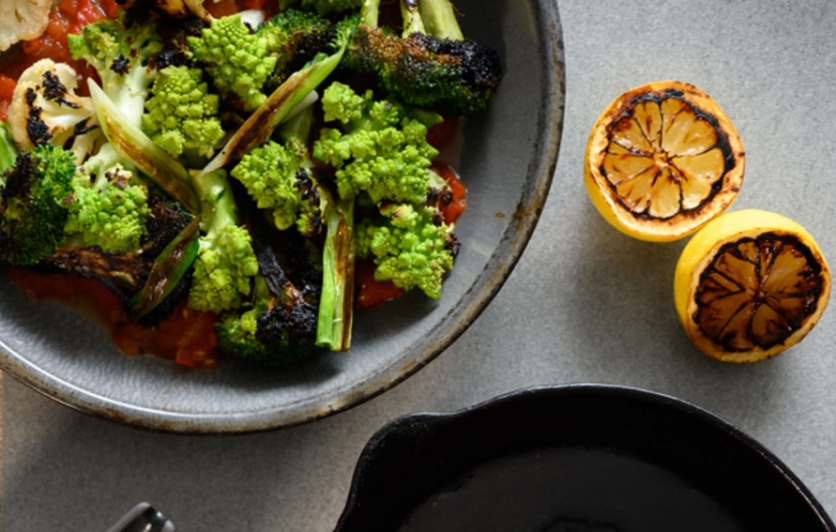
These burnt recipes give you the freedom to put those dishes you thought were ruined on the table with added confidence.
Whether you are a great cook, a lousy cook or somewhere in between, one thing we all try not to do is burn our food. Doing so often leads to embarrassment in front of friends and family and it means that dinner is no longer edible, good for nothing more than feeding the compost bin. Instead of hanging our heads after leaving yet another pot neglected on the stove, we've created a few recipes that give you permission to let your meal get a little extra char on it and allow you to show off those burned bits.
In 1984, American author Harold McGee published a book on the science of cooking called On Food and Cooking, which has become the bible of technical and scientific kitchen knowledge. Along with a copy of the Larousse Gastronomique, most chefs have a well-used copy of McGee’s pre-google book, On Food and Cooking taught us about the Maillard reaction.
The Maillard reaction is a complicated non-enzymatic browning process (not the same browning process that turns a banana black), that occurs between amino acids and sugars at an elevated temperature, most notably above 266F. The Maillard reaction, commonly known as caramelization, is what gives steak that brown, crusty and delicious outer layer when it's seared in a pan. It's the reaction that turns milk and sugar into caramel and colours and flavours our beer, chocolate, coffee and maple syrup.
When we take the Maillard reaction to its outer limits, we get something that is charred or burnt. While the char gives food another level of complexity — smoky and bitter flavours — you should add just enough to complement your food.
Studies have shown that consuming too much burnt food can have negative health implications, so it's best to be mindful of your intake. But used in moderation, it’s another tool to give your dishes depth of flavour and complexity. It also gives you the freedom to put those dishes you thought were ruined on the table with added confidence — and not in the bin.


